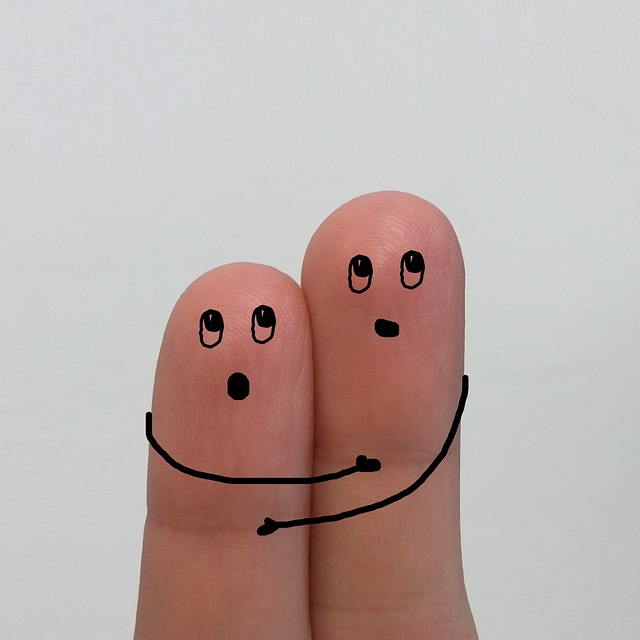The Paradoxical Theory of Change is a fascinating concept that stems from Gestalt therapy, a psychotherapeutic approach that emphasizes self-awareness and the here and now.
This theory suggests that true change occurs not when we try to become something we’re not but when we become more fully what we already are. Now, when you throw anxiety into the mix, things get even more interesting.
The Heart of the Paradox
At first glance, the idea might seem counterintuitive, especially when dealing with anxiety. Anxiety often drives us to escape or change the feelings of discomfort, fear, or worry that plague us.
According to the Paradoxical Theory of Change, however, the path to managing or overcoming anxiety lies not in trying to force ourselves to be calm or fearless but in fully engaging with and accepting our anxious feelings.
Anxiety and Change
Think about it: how often have you told yourself, “I just need to stop worrying,” only to find that your anxiety seems to double down? That’s because resistance often amplifies the emotions we’re trying to avoid.
Anxiety, at its core, is a protective mechanism gone into overdrive. It’s trying to signal something to us, whether it’s a real threat or a perceived one.
Embracing Anxiety
By applying the Paradoxical Theory of Change to anxiety, we start by accepting our anxiety as it is. This doesn’t mean resigning ourselves to a life of constant worry.
Instead, it means acknowledging our feelings of anxiety without judgment or immediate attempts to change them. It’s about saying, “Right now, I am anxious, and that’s okay.”
This acceptance creates a space for change because it reduces the additional tension caused by resisting our feelings.
The Path to Transformation
When we stop fighting our anxiety and start understanding its roots, we pave the way for genuine transformation.
This process allows us to explore the underlying causes of our anxiety without the added pressure of trying to make it disappear. With time, as we become more accepting of our anxious parts, we might find that our anxiety becomes less overpowering.
We learn to recognize its signals without being overwhelmed by them, and we develop healthier ways to respond.
Anxiety as a Guide
In embracing our anxiety, we also start to see it as a guide rather than an enemy. It can alert us to needs that aren’t being met or boundaries that need to be established.
By listening to our anxiety with compassion, we can learn a great deal about ourselves and what we need to thrive.
Conclusion
The Paradoxical Theory of Change teaches us that the journey through anxiety isn’t about becoming someone else who doesn’t feel anxious; it’s about becoming more authentically ourselves, anxiety and all.
This approach doesn’t promise a life free from anxiety, but it offers a path to a richer, more self-aware existence where anxiety has its place without ruling our lives.
It’s a gentle reminder that sometimes, to move forward, we first need to be fully where we are.













